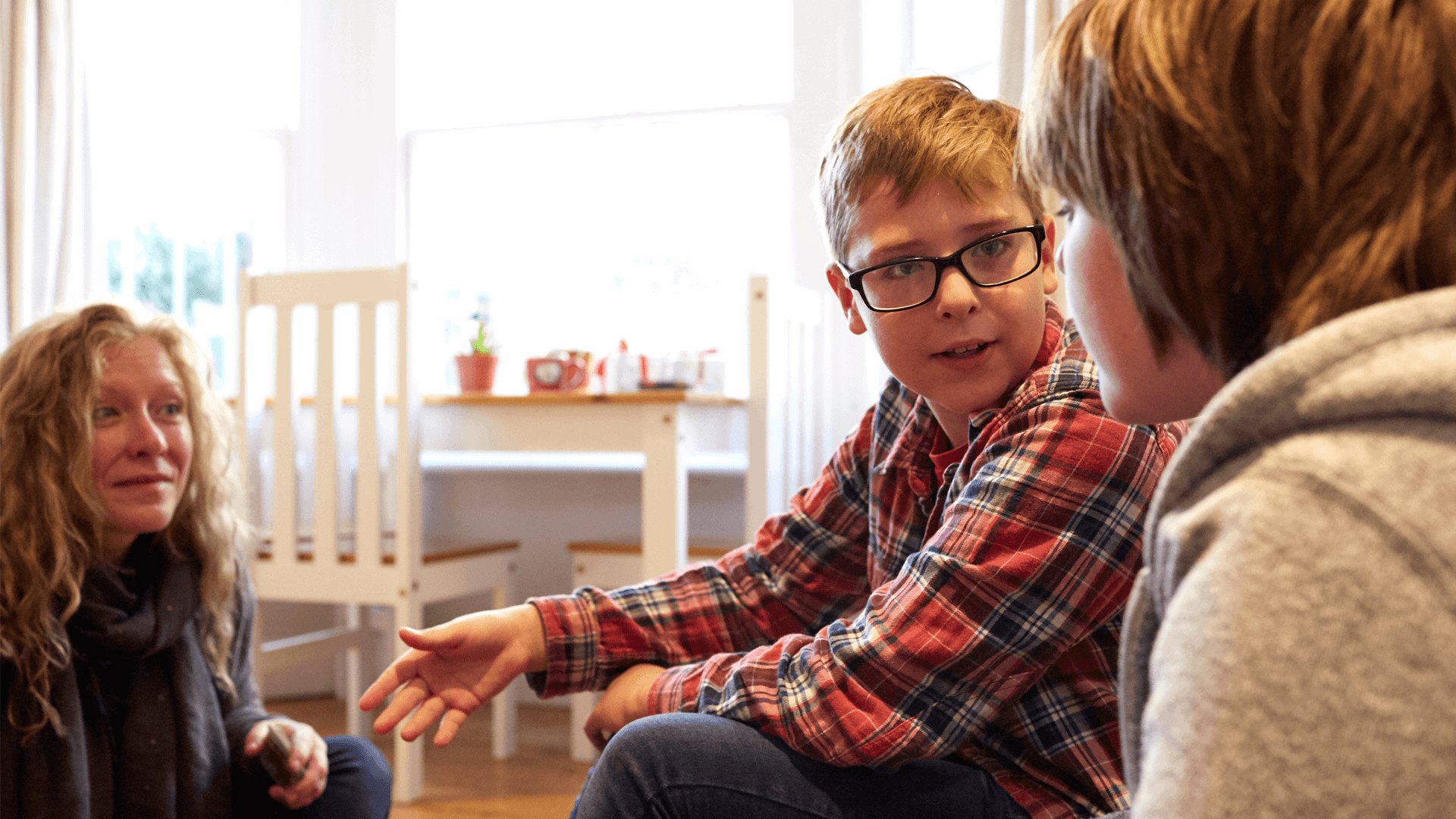
Everyone experiences upsetting and difficult situations – and it is normal to feel sad or stressed sometimes. When difficult things happen, lots of young people will be able to find the support they need and feel better with time. Sometimes, however, certain events or experiences can be traumatic – and these can leave a young person struggling with their mental health over a much longer period of time.
If you’re worried that your child is struggling after a trauma, the important thing to know as their parent is that you can provide an incredibly important part of the help they need – emotional support and a loving, safe relationship. By being there for them and finding the right professional help if they need it, you can make an enormous difference.
What is trauma?
‘Trauma’ is used to describe both one-off events and things that are experienced over months or years, for example within a young person’s family or peer relationships. A traumatic experience often involves a threat to a young person’s physical or emotional safety, and a sense of being trapped, powerless or unsupported in the face of a perceived danger or in the time afterwards.
On our Parents Helpline, we hear about children and young people struggling with trauma when they have experienced or witnessed things such as:
- a violent or frightening event such as an assault or car accident
- domestic violence or abuse
- feeling unsafe at home
- being bullied
- losing a family member or friend to suicide, or a sudden death in the family
- going through a physical illness or time in hospital
- being exposed to frightening or inappropriate online content
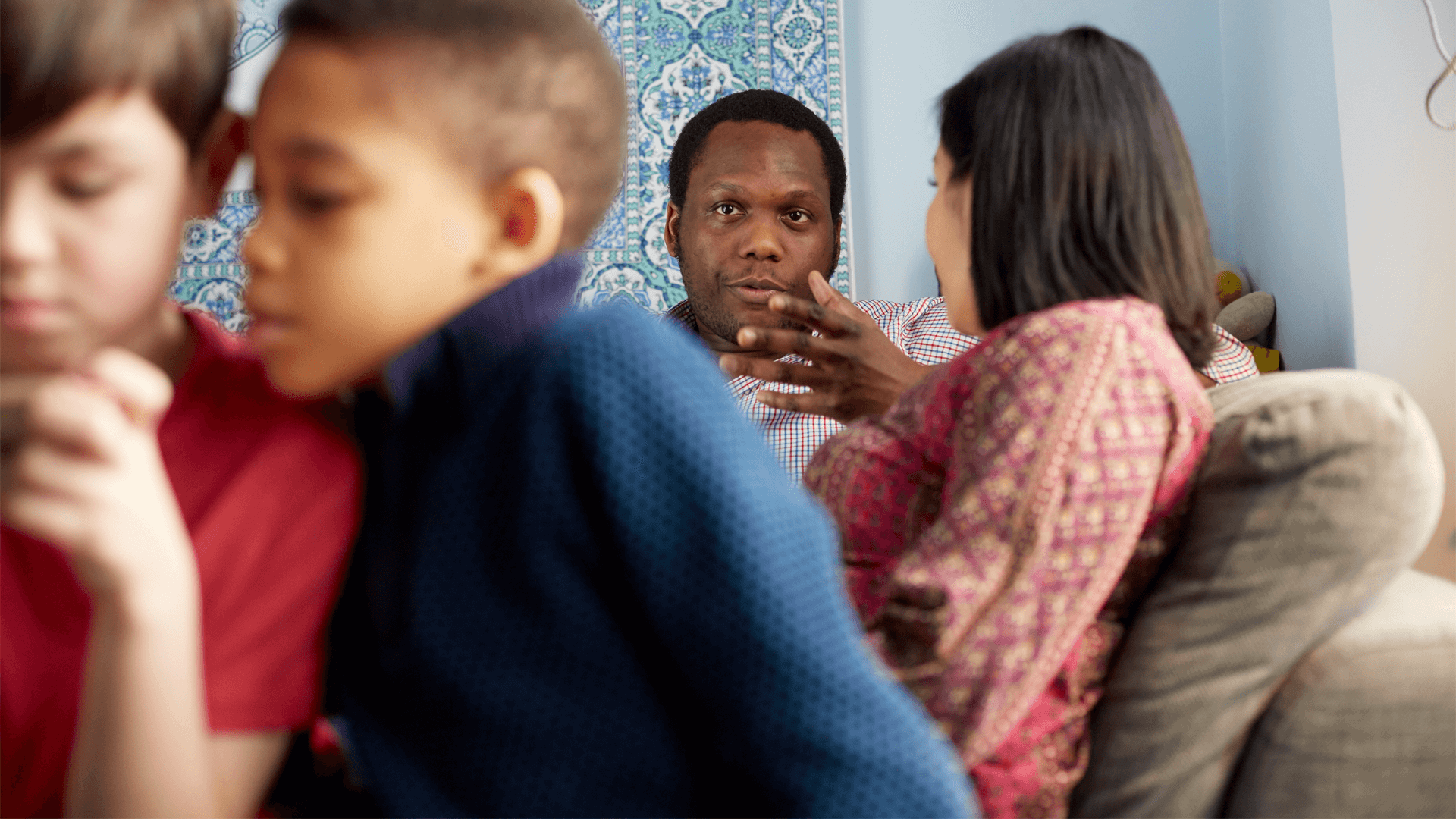
Ultimately, whether or not an event or experience is traumatic for a young person depends on how it makes them feel as an individual. One child can find an event traumatic while another does not. The way we react to and experience what happens to us is shaped by all kinds of factors – from our personality to our life history, the support available to us, our relationships, our community and our culture.
A traumatic experience often involves a threat to a young person’s physical or emotional safety, and a sense of being trapped, powerless or unsupported in the face of a perceived danger or in the time afterwards.
What are the signs my child is affected by trauma?
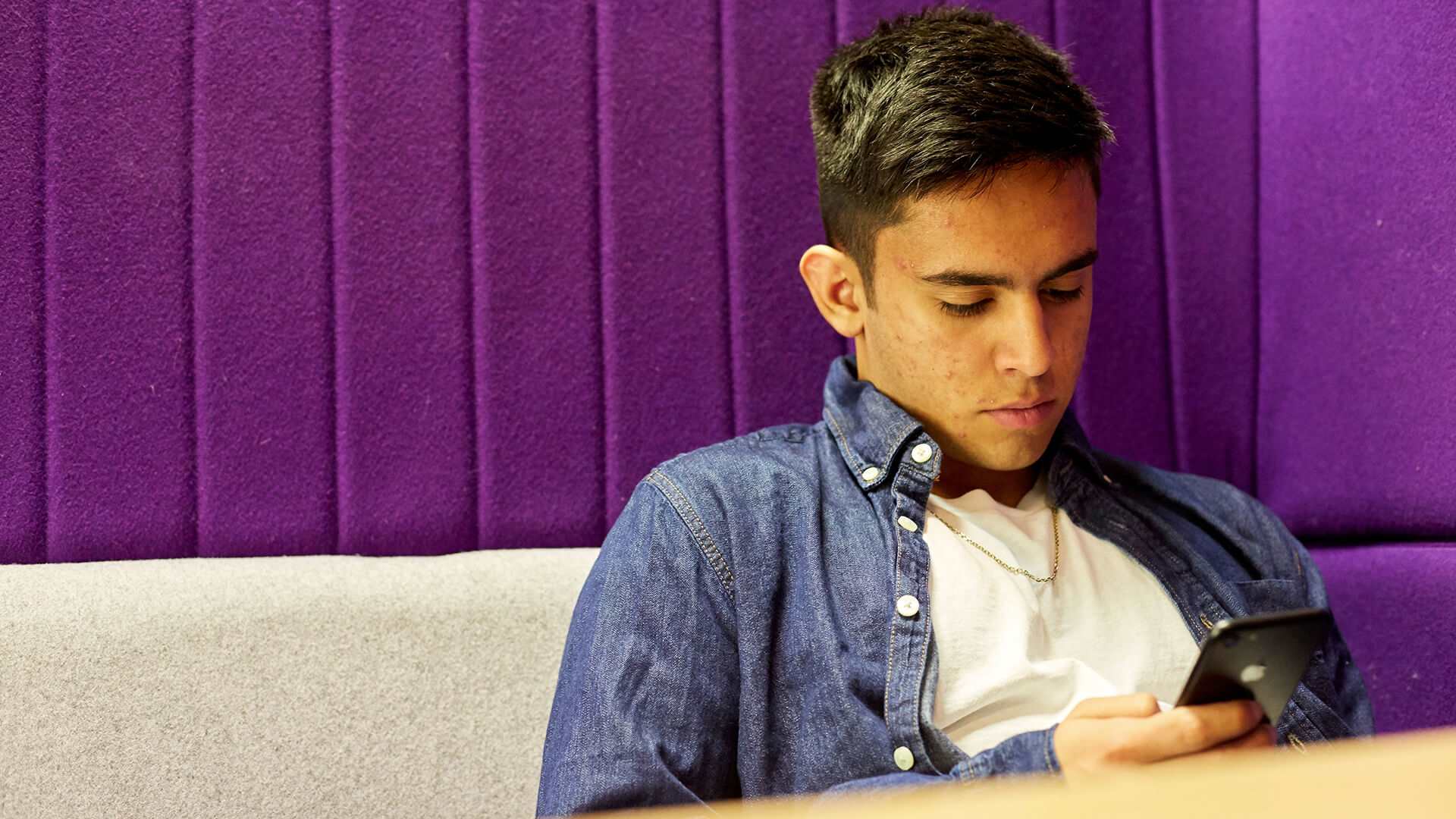
Everyone responds to trauma differently
Every child and young person will respond differently to trauma. This means it can be difficult for you to spot the signs, or to see the links between a previous traumatic experience and your child’s current feelings and behaviour. Sometimes your child may not be aware of the links themselves.
Your child may show they are struggling immediately after a traumatic experience. But feelings, thoughts and behaviours may also emerge over time. There may be times when things feel intensely difficult, and then they might feel better for a while.
While there is no exhaustive list, these are some things you may see your child doing or experiencing following a trauma:
- having memories, thoughts or flashbacks that seem to come suddenly from nowhere (often called ‘intrusive’ thoughts)
- acting out or having angry or aggressive outbursts
- finding it difficult to calm down when they are distressed
- withdrawing from friends, family, school and activities they usually enjoy
- repeating certain behaviours or seeming agitated
- avoiding thinking about, talking about or being in situations which are related to a particular experience
- seeming sensitive or vigilant about anything that could be threatening
- seeming zoned-out or disconnected from themselves, their feelings and what’s going on around them
- having trouble remembering things
- not feeling able to sleep or having nightmares
- using drugs or alcohol differently to how they did before, or starting to for the first time
- eating significantly more or less
- self-harming
Your child may show they are struggling immediately after a traumatic experience. But feelings, thoughts and behaviours may also emerge over time.
These responses are often a young person’s way of trying to manage and express difficult feelings. They may feel that some of these behaviours help them to survive or cope, make sense of what’s happened, or have a sense of safety and control.
Underneath these kinds of behaviours, a young person who has experienced trauma may be feeling:
- anxious
- angry
- frightened
- unsafe
- numb
- low or depressed
- isolated
- guilty
- ashamed
- bad about themselves
Trauma and mental health conditions
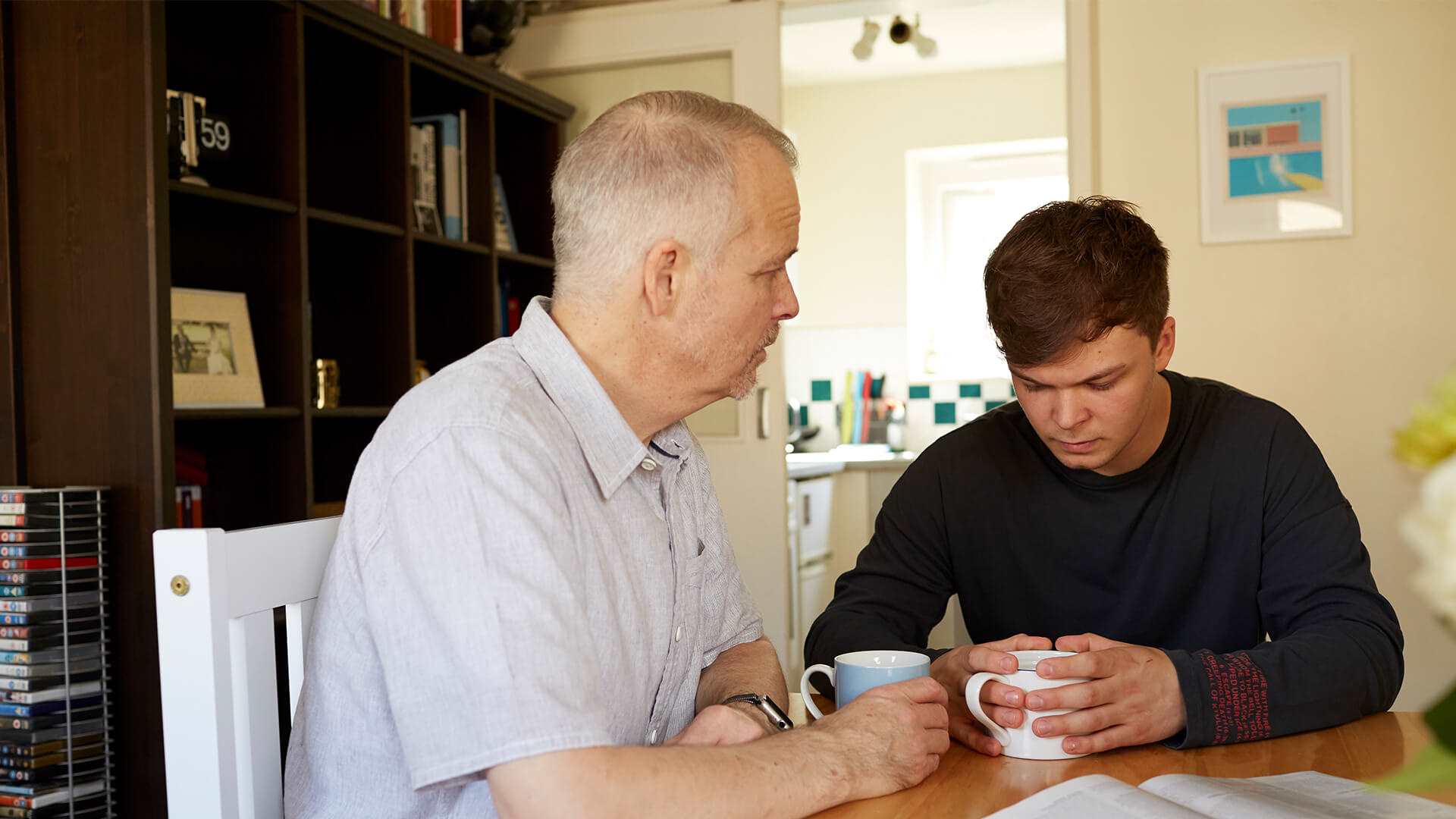
Trauma is not a mental health condition in itself, but experiencing trauma can result in a young person struggling with their mental health. A wide range of mental health conditions and symptoms can be linked to trauma, including anxiety, depression, obsessive compulsive disorder (OCD), eating disorders and self-harming behaviours.
Depending on their experience, some young people can be diagnosed with post-traumatic stress disorder (PTSD). Someone experiencing PTSD will often have flashbacks, nightmares, intrusive thoughts that can appear at any time or ‘from nowhere’, and strong feelings or reactions in response to reminders of a particular event or experience. They may also avoid particular memories, thoughts and feelings related to the distressing experience, as well as people, places or activities that remind them of it.
Another diagnosis directly related to trauma is complex post-traumatic stress disorder (CPTSD). A young person who is diagnosed with this will be experiencing more severe symptoms and is likely to have gone through a childhood trauma that lasted a long time, such as abuse.
How can I help my child?
It is normal for a young person to feel or behave differently after a distressing or traumatic event or experience. As their parent, it’s important to give them time to process and adjust to what’s happened, while keeping an eye on how they’re doing and seeking further help if it’s needed.
Let them speak as often and for as long as they need to. Helping your child to make sense of what’s happened and how they’re feeling can make an enormous difference.
Reflect back the words they use and don’t be afraid of using big words such as terrified, horrified or furious.
You might say "It's really understandable that you're feeling..." to let them know that you’ve got it and their feelings are okay.
A traumatic experience often involves feeling unsafe, frightened or out of control. Providing structure, routine and reassurance that you can support them to manage things can help them re-establish a sense of safety.
Let them know you love them, you’re there for them and you can help them find the right support if they need it.
If something that’s traumatic for your child is still happening, such as being bullied, it needs to be addressed so that it stops.
Knowing what works and trusting that they can help themselves when things are hard will help to build your child’s belief in their ability to cope.
Strategies could include running, drawing, listening to music, writing in a journal, talking to family or friends, watching a favourite film or reading a favourite book.
This might be drawing, making something, listening to music, playing sport, cooking or watching a favourite film. Doing these kinds of activities can give your child a break and help them to feel safe and relaxed, even if just for a little while.
Some young people who have experienced trauma will need professional and specialist help to feel better. If you’re worried that your child is struggling, seek professional advice.
Knowing what works and trusting that they can help themselves when things are hard will help to build your child’s belief in their ability to cope.
Young people tell us they want adults supporting them to...
Where can I find professional help?
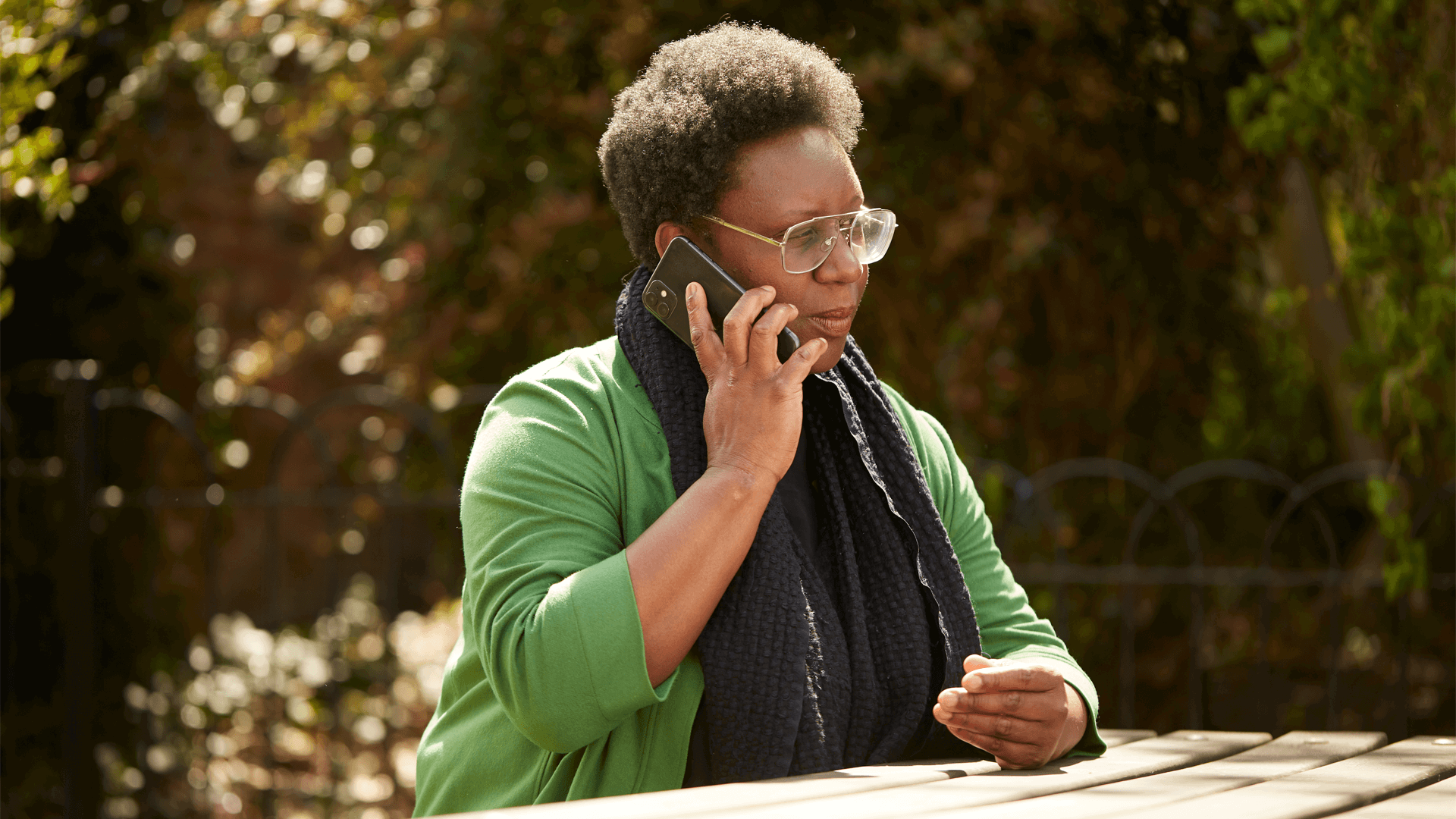
There are different places where you can find help for your child. Your GP, your child's school and considering whether counselling or therapy might help are good places to start.
Your GP can discuss your concerns with you and, if needed, refer your child for more support - including to Child and Adolescent Mental Health Services (CAMHS).
If you decide to get help from a counsellor or therapist, seek advice from your GP too in case your child needs a referral for specialist help. It’s also a good idea to find a therapist who has experience of working with trauma.
You can find out more about speaking to GPs, finding a counsellor or therapist, accessing CAMHS, getting help from your child’s school and finding local services on our guide to getting help.
Looking after yourself
Supporting a young person who has gone through a trauma can be a very emotional experience, so take time to look after yourself and top up your own batteries. In order to support your child, you need to keep looking after yourself by talking to friends, family and anyone else in your support network, taking time out and asking for help when you need it.
If you feel that you need more support, you can ask for counselling or other support through your GP. You can also access a private counsellor or therapist if this is an affordable option for you.
Supporting a young person who has gone through a trauma can be a very emotional experience, so take time to look after yourself and top up your own batteries.
Where to get further support
Useful helplines and websites
-
The Mix
Offers support to anyone under 25 about anything that’s troubling them.
Email support available via their online contact form.
Free 1-2-1 webchat service available.
Free short-term counselling service available.
- Opening times:
- 3pm - 12am, seven days a week
-
Childline
If you’re under 19 you can confidentially call, chat online or email about any problem big or small.
Sign up for a free Childline locker (real name or email address not needed) to use their free 1-2-1 counsellor chat and email support service.
Can provide a BSL interpreter if you are deaf or hearing-impaired.
Hosts online message boards where you can share your experiences, have fun and get support from other young people in similar situations.
- Opening times:
- 24/7
-
Samaritans
Whatever you're going through, you can contact the Samaritans for support.
- Opening times:
- 24/7
-
CALM (Campaign Against Living Miserably)
Provides support to anyone in the UK who is feeling down and needs to talk or find information.
Free webchat service available.
Information about the helpline and how it works available here.
- Opening times:
- 5pm - midnight, 365 days a year